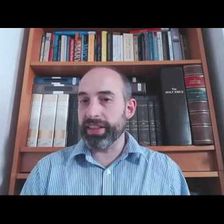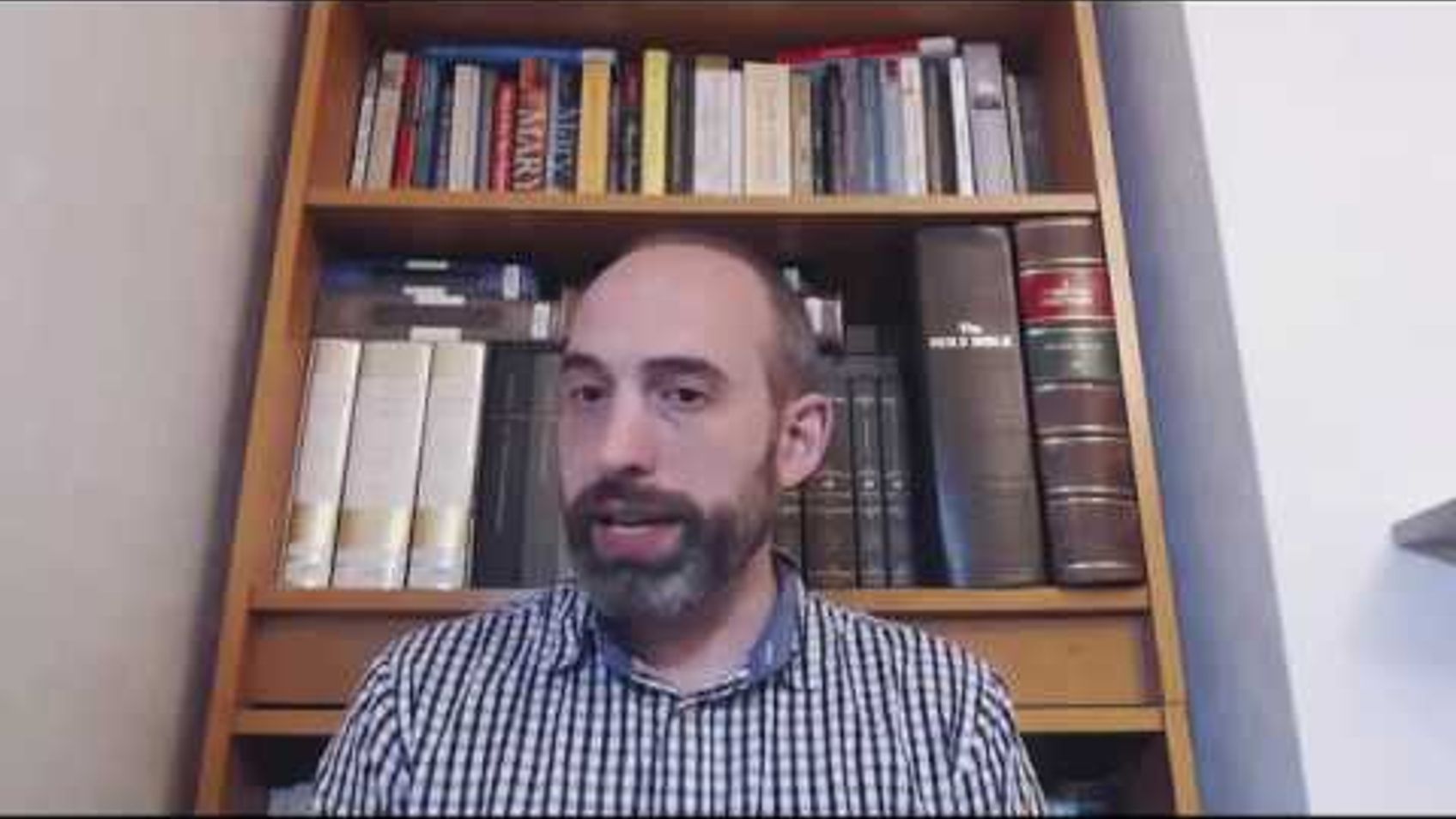Q&A#141 Why Does Revelation Use So Much Symbolism?

Today's question: "Why does the Book of Revelation use so much symbolism? Some reasons might perhaps include: to hide its meaning from outsiders, to describe the ineffable, to point out the inner reality of what's being described, and so on. Are these correct? What other purposes might there be for the symbolism in Revelation? I'd love to hear your thoughts on this."
My blog for my podcasts and videos is found here: https://adversariapodcast.com/. You can see transcripts of my videos here: https://adversariapodcast.com/list-of-videos-and-podcasts/.
If you have any questions, you can leave them on my Curious Cat account: https://curiouscat.me/zugzwanged.
If you have enjoyed these talks, please tell your friends and consider supporting me on Patreon: https://www.patreon.com/zugzwanged. You can also support me using my PayPal account: https://bit.ly/2RLaUcB.
The audio of all of my videos is available on my Soundcloud account: https://soundcloud.com/alastairadversaria. You can also listen to the audio of these episodes on iTunes: https://itunes.apple.com/gb/podcast/alastairs-adversaria/id1416351035?mt=2.
More From Alastair Roberts






More on OpenTheo















